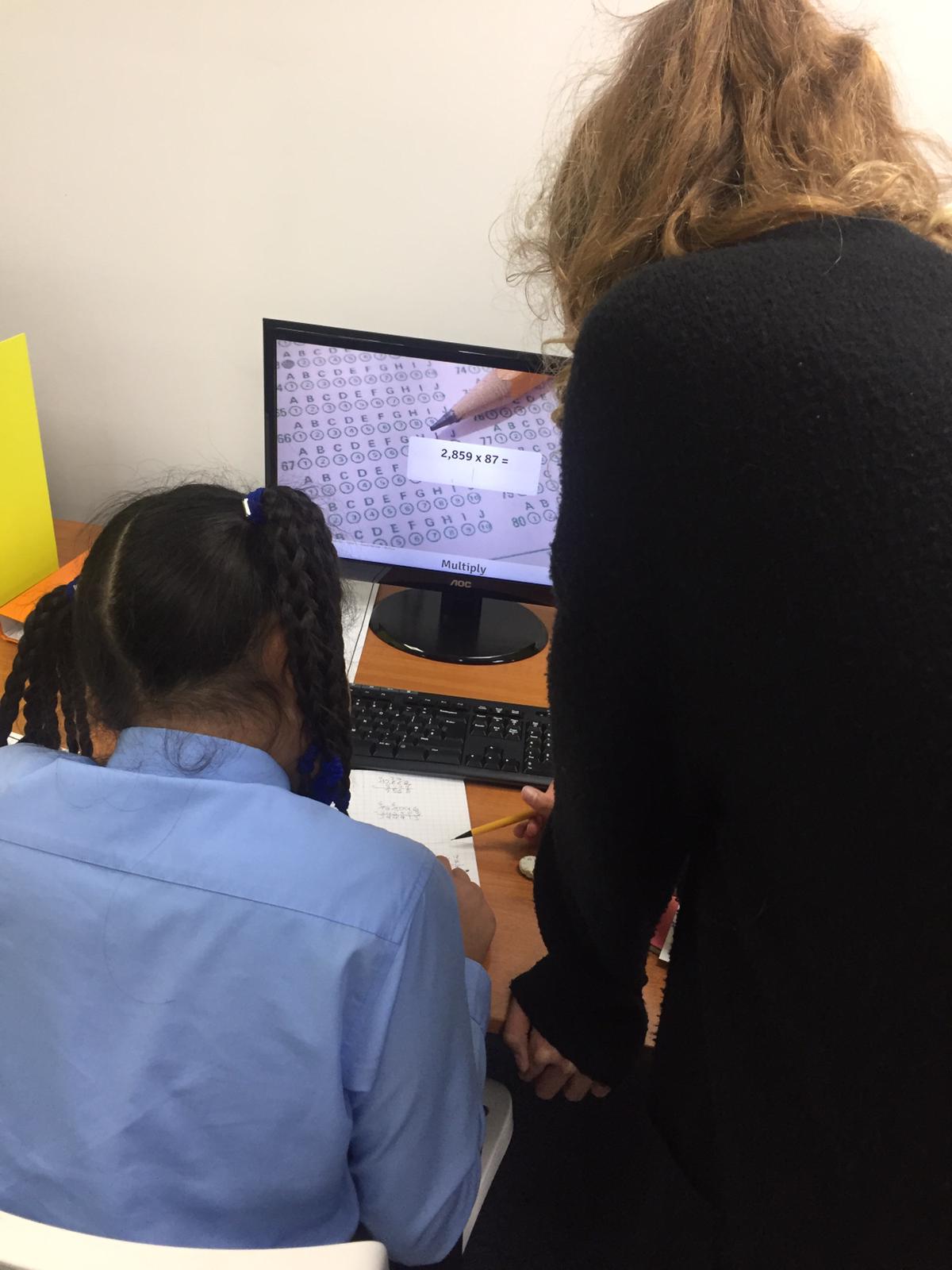Navigating GCSE Exams in 2024: A Parent’s Guide to Success
Parents, as your child prepares on the journey of GCSE exams in 2024, you may find yourself navigating unfamiliar territory. We’re here to guide you through by providing actionable strategies to support your child’s success.
- Understanding the GCSE Landscape: GCSE exams are a significant milestone in every student’s academic journey, serving as a gateway to future opportunities. Begin by familiarising yourself with the exam format, subjects covered, and key dates. This foundational knowledge will help you support your child effectively.
- Establish Clear Goals: Set clear and achievable goals with your child for their GCSE exams. Encourage them to identify subjects they excel in and areas that may require additional focus. By establishing goals together, you empower your child to take ownership of their learning journey.
- Foster Effective Study Habits: Help your child cultivate effective study habits tailored to their individual learning style. Encourage them to create a study schedule that allows for regular breaks and incorporates varied study techniques such as active recall, summarisation, and practice questions.
- Provide Emotional Support: Navigating GCSE exams can be stressful for students, so it’s crucial to provide them with emotional support and encouragement. Be a source of positivity, offering reassurance and perspective during challenging times. Your unwavering belief in their abilities will bolster their confidence and resilience.
- Utilise External Resources: Explore external resources such as tutoring services, online study platforms, and educational materials to supplement your child’s learning. These resources can provide additional support in areas where your child may need extra help and offer fresh perspectives on challenging topics.
- Practice Self-Care: Encourage your child to prioritise self-care throughout the exam period. Ensure they get adequate sleep, eat healthily, and engage in activities they enjoy to maintain a balanced lifestyle. A well-rested and rejuvenated mind is better equipped to tackle academic challenges.
Conclusion: As your child prepares for GCSE exams in 2024, embrace the StudyBox method to guide them towards success. By understanding the landscape, setting clear goals, fostering effective study habits, providing emotional support, utilising external resources, and practicing self-care, you empower your child to excel academically and beyond. Together, let’s embark on this journey with confidence and determination.
To book a free trial click HERE








